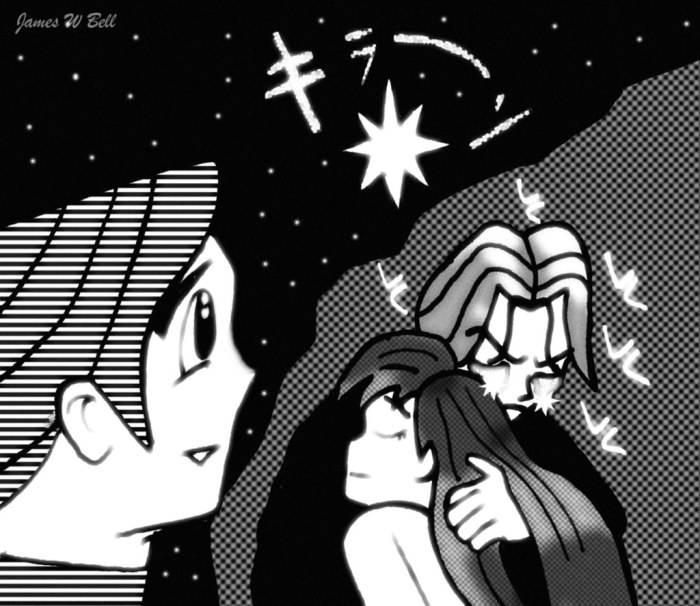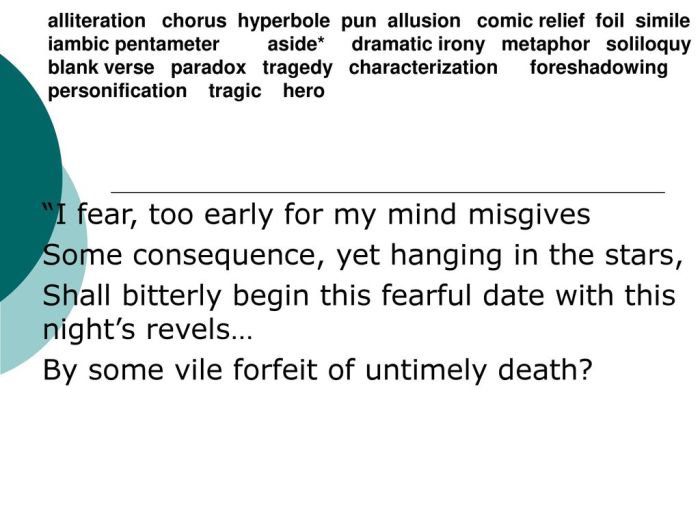I fear too early for my mind misgives meaning – “I fear too early for my mind misgives”: a phrase that has echoed through the annals of literature, evoking a profound sense of apprehension and uncertainty. This enigmatic expression invites us on an exploration of its historical, literary, psychological, and philosophical implications, unveiling the complex tapestry of meanings it has woven throughout the ages.
From its origins in ancient Greek thought to its enduring presence in modern discourse, “I fear too early” has captivated the minds of scholars, artists, and everyday individuals alike. It speaks to our deepest fears and anxieties, our relentless pursuit of knowledge, and the elusive nature of certainty.
Historical Context: I Fear Too Early For My Mind Misgives Meaning

The phrase “I fear too early for my mind misgives” emerged during the Victorian era, a period characterized by a fascination with the supernatural and the occult. It was often used to express a sense of foreboding or apprehension about the future.
The phrase may have been influenced by the rise of spiritualism, a movement that claimed to facilitate communication with the dead. As people sought solace in the face of death and uncertainty, the phrase became a way to acknowledge the limits of human knowledge and the possibility of a supernatural realm.
Notable Figures and Events, I fear too early for my mind misgives meaning
- Charles Dickens: The phrase appears in Dickens’ novel “Great Expectations,” where it is spoken by the character Miss Havisham to express her fear that her plans for revenge will fail.
- Edgar Allan Poe: Poe’s short story “The Tell-Tale Heart” features the phrase, uttered by the narrator as he confesses to murdering an old man.
Literary Interpretation

In literature, the phrase “I fear too early for my mind misgives” often conveys a sense of doubt, uncertainty, and the anticipation of something ominous.
Themes and Ideas
- Knowledge and Ignorance: The phrase highlights the limitations of human knowledge and the dangers of making assumptions.
- Fate and Free Will: The phrase suggests a belief in fate or a predetermined future, as if one’s fears are already set in motion.
- The Supernatural: The phrase evokes a sense of the supernatural, as if one’s fears stem from an unknown or unseen force.
Psychological Perspectives

Psychologically, the phrase “I fear too early for my mind misgives” may reflect:
Fears and Anxieties
- Anticipatory Anxiety: The phrase expresses a fear of the future and the anticipation of negative events.
- Uncertainty and Doubt: The phrase conveys a sense of uncertainty and doubt about one’s own thoughts and feelings.
Defense Mechanisms
- Projection: The phrase may indicate a tendency to project one’s own fears and anxieties onto others or external situations.
- Denial: The phrase can also suggest a denial of one’s own fears or a refusal to acknowledge the reality of a situation.
Philosophical Implications

Philosophically, the phrase “I fear too early for my mind misgives” raises questions about:
Nature of Knowledge
- Limits of Human Understanding: The phrase acknowledges the limits of human knowledge and the inability to fully understand the world around us.
- Skepticism and Doubt: The phrase reflects a skeptical attitude towards knowledge and the importance of questioning assumptions.
Query Resolution
What is the historical origin of the phrase “I fear too early”?
The phrase can be traced back to ancient Greek literature, where it was used to express a sense of foreboding or apprehension.
How has the phrase been interpreted in literature?
Authors have employed the phrase in various ways, from conveying characters’ fears and doubts to exploring themes of knowledge, certainty, and the limits of human understanding.
What psychological insights can be gleaned from the phrase?
The phrase reflects our fears of the unknown, our anxieties about the future, and our defense mechanisms for coping with uncertainty.
What philosophical questions does the phrase raise?
The phrase challenges us to question the nature of knowledge, the role of doubt, and the limits of our ability to comprehend the world around us.